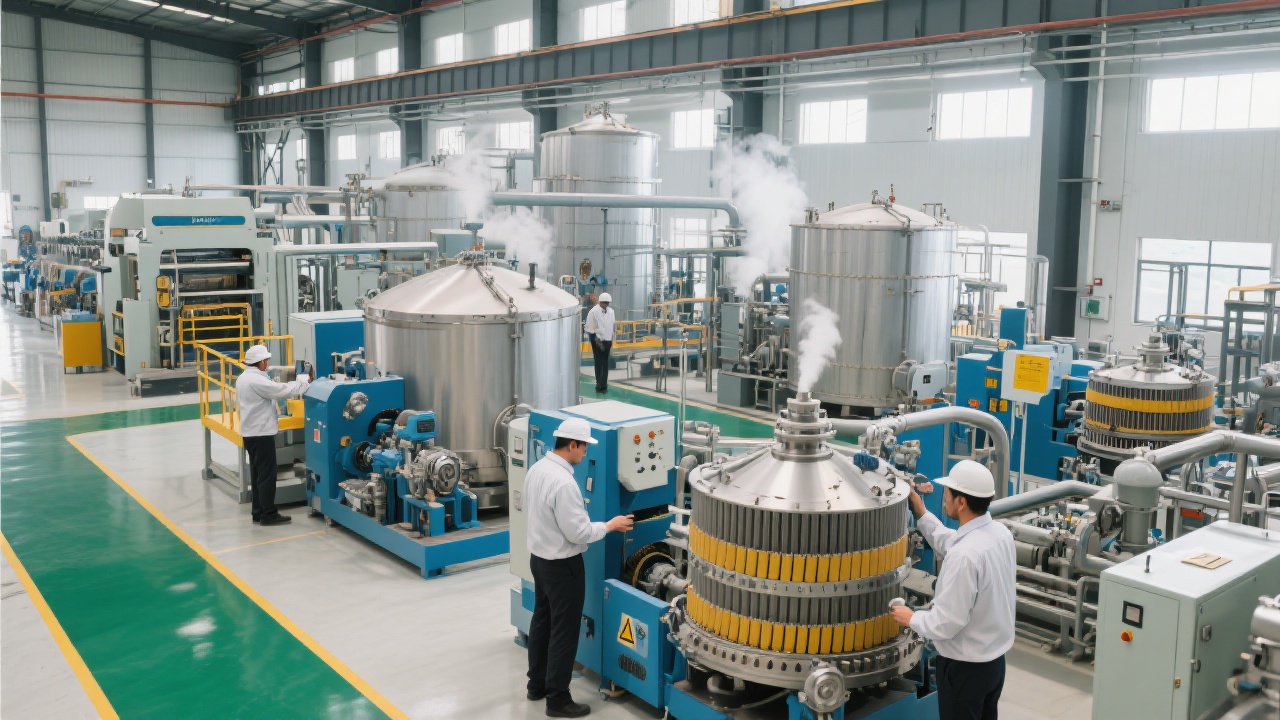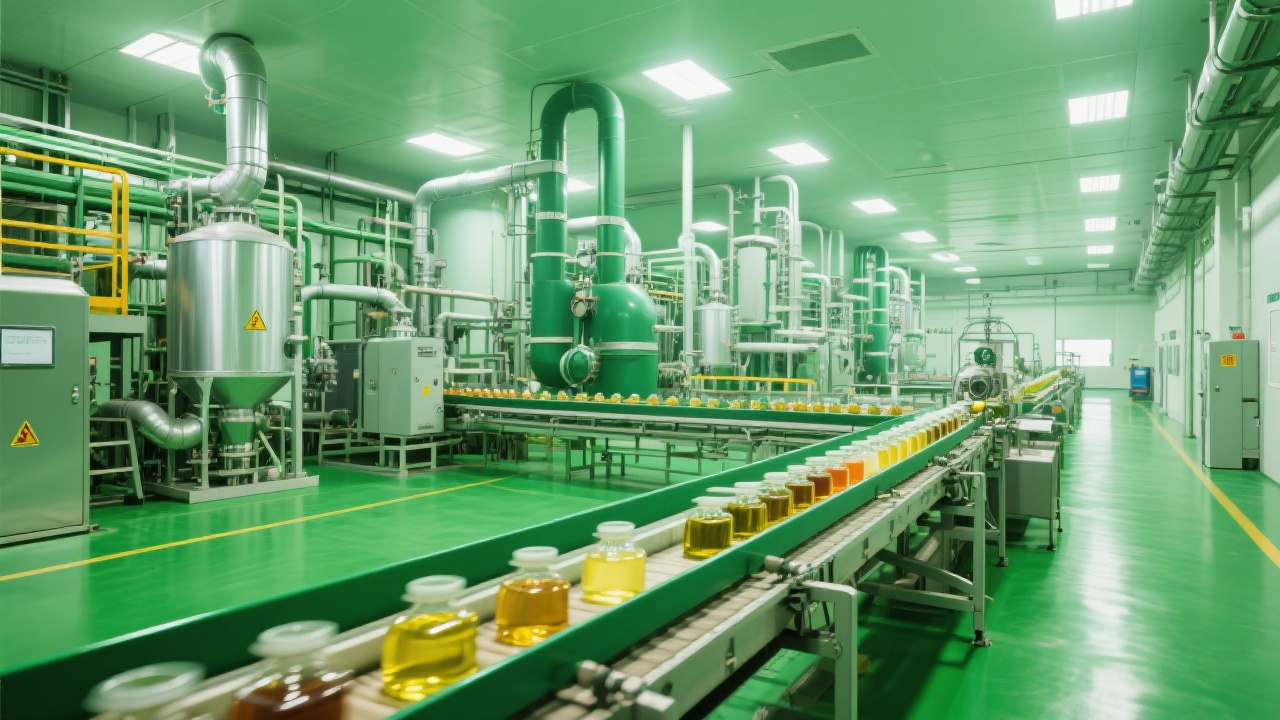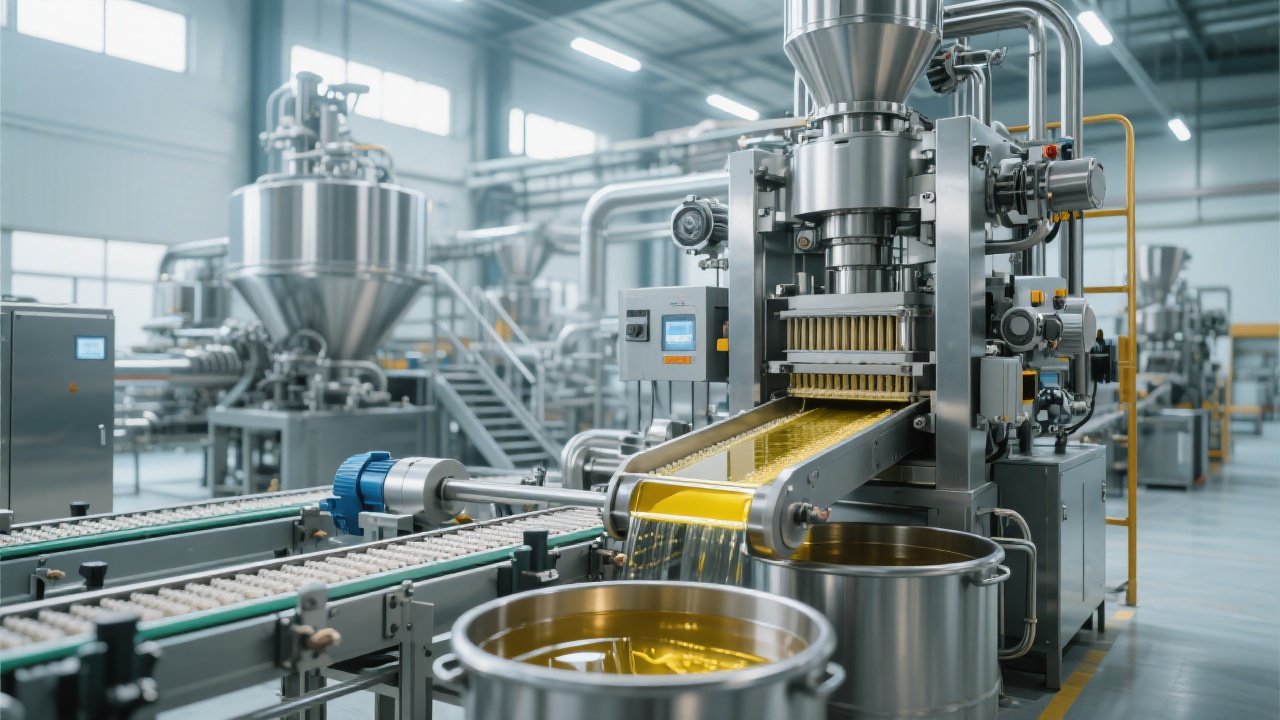
As the global palm oil industry accelerates toward intelligent and energy-efficient production, smart palm oil processing equipment has become a crucial tool for businesses aiming to enhance their competitiveness. This article explores how these advanced systems integrate intelligent control, high-efficiency processes, and eco-friendly designs to deliver reliable and cost-effective solutions for international clients.
The palm oil market is projected to grow at a compound annual growth rate (CAGR) of around 4.5% from 2023 to 2030, driven by rising demand in food, cosmetics, and biofuel sectors. According to the Food and Agriculture Organization (FAO), Southeast Asia remains the largest producer, accounting for over 85% of global output. However, challenges such as labor shortages, environmental regulations, and fluctuating raw material prices are pushing producers to adopt smarter, more efficient technologies.
Smart palm oil production lines are transforming traditional methods by integrating real-time monitoring, predictive maintenance, and automated process controls. These systems not only improve operational efficiency but also ensure consistent product quality and reduce waste. For example, an Indonesian mill reported a 20% increase in throughput after upgrading to a smart system with AI-driven analytics.
Modern smart palm oil equipment relies on three core technologies:
| Feature | Traditional System | Smart System |
|---|---|---|
| Oil Extraction Rate | 45–50% | 55–60% |
| Energy Consumption | 12 kWh/ton | 10 kWh/ton |
| Waste Generation | 15–20% | 8–10% |
Environmental sustainability is no longer optional—it’s a competitive necessity. Smart palm oil equipment is designed with energy recovery systems, water recycling units, and low-emission combustion technologies. A Malaysian processor using such a system reduced its carbon footprint by 25% and lowered utility costs by 18%, demonstrating the long-term financial and ecological benefits.
Many palm oil producers have shared positive experiences after implementing smart systems. One Vietnamese company saw a 30% reduction in downtime due to predictive maintenance features, while a Brazilian firm improved its oil quality rating from 78 to 92 points, leading to higher export prices. As one user stated, “The smart system transformed our operations from reactive to proactive.”
The future of palm oil production lies in the convergence of digitalization and green technology. With the rise of Industry 4.0, we can expect more AI-powered systems that adapt to local conditions, reduce human error, and support circular economy principles. Companies that invest in smart, sustainable equipment today will be better positioned to meet tomorrow’s demands.

In conclusion, the adoption of smart palm oil production equipment is not just a trend—it’s a strategic move that enhances productivity, reduces costs, and supports long-term sustainability. Whether you’re looking to scale up operations or meet international standards, investing in intelligent technology is a step toward a more resilient and profitable future.

If you're ready to transform your palm oil production, don't miss the opportunity to explore the latest in smart and sustainable technology. Contact us today to learn how we can help you achieve greater efficiency and compliance in the global market.

CTA: Transform Your Palm Oil Production Today — Get Your Free Consultation Now!


